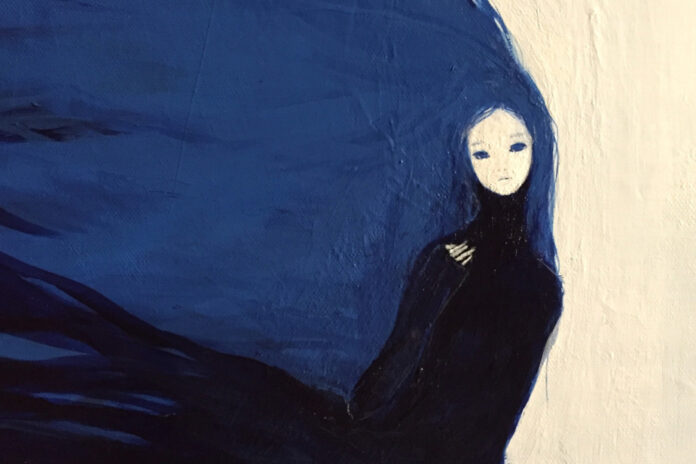Writing is music. Each author has his own. Its rhythm, its cadence, its melody. That of Marie Hélène Poitras, suave, poetic and elegant, flows naturally.
When she tells us with cynical humor the devastating night of a young woman waking up with bloody ears, half a tooth missing, in a nest of filth behind the Electric Foufounes. Or wondering how to wrap up a short story featuring a fierce alley girl trying to tame a huge wild dog.
Galumpf, a collection of 11 stories, several of which have been edited and have been published in magazines or collective works over the past fifteen years, begins with the story of a night of romantic intoxication in a gutted church in Montreal, between a young woman and his Ti-Loup, to the sound of Pale Blue Eyes from the Velvet Underground.
We recognize the old music critic (from the weekly Voir) in this subtle quilt of characters, which sometimes reappear as recurring motifs in a work whose central theme is empathy.
The soulful rhythms of Al Green are the soundtrack to the story of Miss Soleil, 8 years old, abandoned to her fate and her loneliness, like Ducharme’s Bérénice (or her Manon des Bons débarras), laying all her affection on Steve, the big dog given to him by his absent father of the same name. Above all, that nothing bad happens to the little girl! asks aside the boyfriend of the narrator, a neighbor of the little girl. By this skilful process, the writer interrupts the story with her doubts about the rest of the plot.
The music of the writing of Marie Hélène Poitras may be the same, the author of La mort de Mignonne and other stories knows how to handle different styles. In this darker story, with multiple narrators, about an isolated fishing village on an island, shaken by the arrival of a stranger who lures young people into his nets. In this very raw reflection on the relationship to pornography or in this fine description of the last night of a radio host, reduced to silence after having always been guided by his voice.
We sometimes have the feeling that it is the writer, and not just a character distant from her, who is addressing the readers. When the narrator recounts the impromptu visit to her childhood home, a pretext for rediscovering the book that gave her a taste for words as a child. Or on the occasion of the many references to equestrian sport, full of these expressions specific to riders which are so many pretexts for an incursion into a fascinating universe for the uninitiated (including myself).
We recognize the passion for horses of the writer from Griffintown. In particular in a story with erotic accents on the meeting between a rider and her trainer, which evokes both the sensuality and the brute force of a stallion that must be coaxed.
In the last chapter of Galumpf, an intriguing title whose meaning she explains, Marie Hélène Poitras talks about her two passions, inseparable in her mind: riding (on horseback) and writing. Here, there is no more character, no more alter ego, no more fiction. Only a writer at the top of her game who tells us about her pain at having lost her horse. In a breath of writing of a remarkable fluidity.















